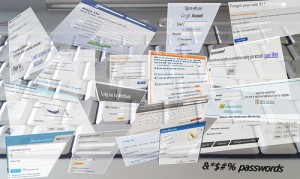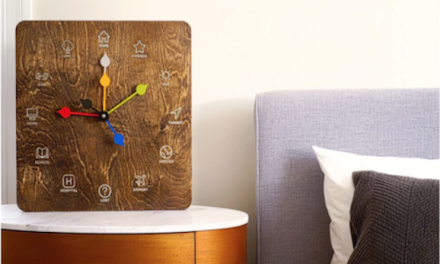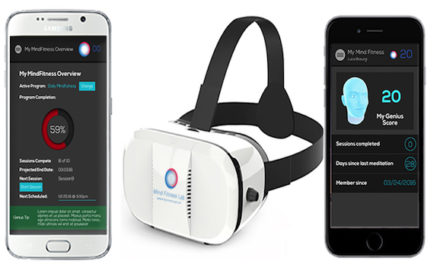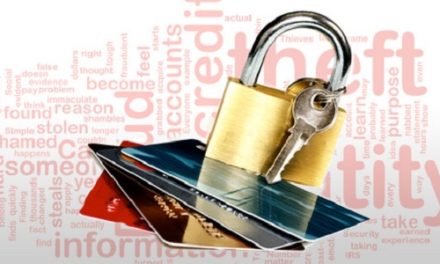The Internet is a fantastic tool for managing just about any aspect of life you can imagine. Banking and paying bills, your job and career, education, even your social life such as dating, catching up with old friends, or just managing your family. An inconvenient side effect of all this online activity is the need to have a unique password for every web site you use.
How can a person keep track of all the different passwords and still feel safe online?
Unfortunately, we are living in a hacker’s paradise. According to a recent study by ZoneAlarm, a leading computer security company, 79% of those surveyed use risky practices when it comes to password security. The survey also revealed that 29 percent of respondents reported having their personal email hacked and 52 percent knew someone else who had been hacked. One of the worst things you can do is use the same password over and over on various websites including banking and social networking, a practice that 26% of those surveyed admitted to doing. Hackers know if they get your name, password, and email address for one site, they have about a one in four chance the same password will get them into your bank accounts. With the rise of the Internet we’ve seen an equal rise in identity theft, cyber stalking, and other online scams. Law enforcement is often overwhelmed and powerless which leaves it up to you to protect you and your family.
Interestingly, this problem is considered so important lately that the United States Government is getting involved. Don’t worry, we aren’t likely to have laws on password security nor is the Government going to issue your passwords or a national cyber identity card. In fact, in a recent speech at Stanford University, Secretary of Commerce Gary Locke was clear that the problem is one that is best solved by private industry. Imagine the creation of secure web portals where you only have to log in once and all your online activity is securely routed to you through trusted networks that verify the source of transactions and data prior to it finding its way to your personal computer, no more passwords. Clearly, such a technological feat would be more within the realm of possibility for Google or Microsoft rather than the Department of Commerce. Unfortunately, none of this utopian future is going to protect you from malicious hackers today and you need to take steps right now that not only keep you organized, but also safe online.
Next week I will cover a few techniques you can use yourself to understand and avoid the pitfalls of password security when I continue with “Surviving in a Hacker’s Paradise.”
I welcome questions on computers, technology, and online security as it pertains to you, your family, your job, or any other aspect of your life that you would like me to write about and hopefully clarify. Please write to me at tech@smartfem.com or submit a comment below.

















